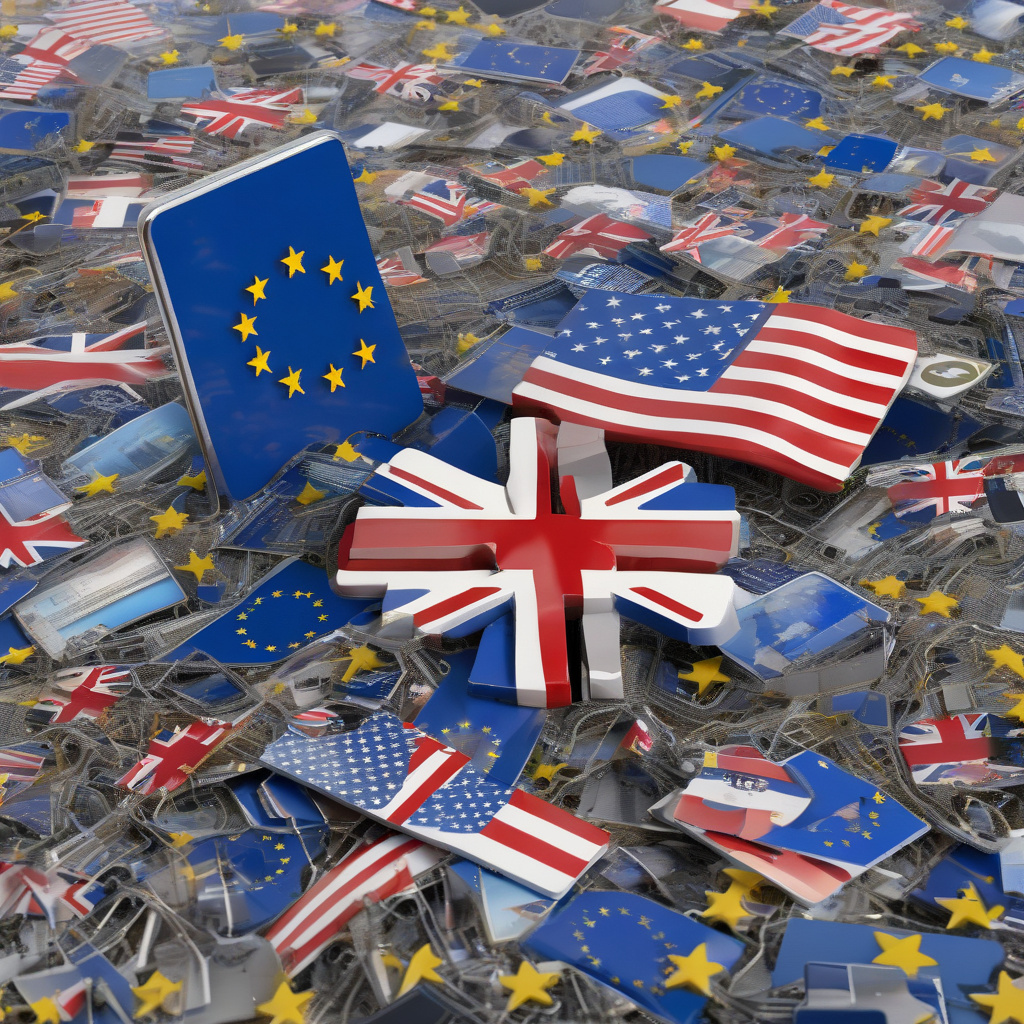EU Says US Tech Firms Censor More
The European Union has been at the forefront of digital regulation, aiming to create a safer online environment for its citizens. However, recent comments from Henna Virkkunen, a member of the European Parliament, have shed light on an unexpected issue – the perception that US tech giants are censoring more content than what is mandated by EU laws.
Virkkunen has criticized companies like Meta (formerly known as Facebook) and Google’s parent company, Alphabet Inc. (referred to as X) for removing a higher volume of content based on their own terms and conditions, rather than solely complying with the regulations set forth by the EU. This revelation has sparked a debate on the extent of control that these tech giants exert over online content and the implications for freedom of speech and expression.
While the EU’s digital rulebook aims to set standards for online platforms to ensure the safety and well-being of users, the disproportionate removal of content by US tech firms raises concerns about the power they hold in shaping online discourse. By enforcing stricter guidelines than required by law, these companies have the ability to influence the information available to users and potentially limit diverse perspectives from being heard.
The argument put forth by Virkkunen highlights a crucial issue concerning the balance between regulation and self-regulation in the digital realm. On one hand, stringent measures are necessary to combat harmful content such as hate speech, misinformation, and illegal activities. On the other hand, an overzealous approach to content moderation could lead to censorship and the suppression of legitimate voices.
It is essential for policymakers, tech companies, and users alike to engage in a dialogue that ensures a fair and transparent online environment. While platforms have a responsibility to moderate content and uphold community standards, this process should not infringe upon the fundamental right to freedom of expression. Striking a balance between safeguarding users and preserving online freedoms remains a complex challenge that requires a nuanced approach.
The case of US tech firms censoring more content than legally required by the EU serves as a reminder of the need for accountability and oversight in the digital landscape. Transparency in content moderation practices, clear communication of policies, and mechanisms for appeal are essential to uphold democratic values in the online sphere.
As discussions on digital regulation continue to evolve, it is crucial for stakeholders to consider the broader implications of content moderation decisions. The influence wielded by tech giants in shaping online narratives underscores the importance of promoting a diverse and inclusive digital space where varying viewpoints can coexist.
In conclusion, the remarks made by Henna Virkkunen regarding US tech firms censoring more content than mandated by EU law raise pertinent questions about the extent of control exerted by these companies. By drawing attention to this discrepancy, there is an opportunity to reevaluate the relationship between regulation, self-regulation, and freedom of expression in the digital age.
#EU, #US, #TechFirms, #Censorship, #DigitalRegulation
